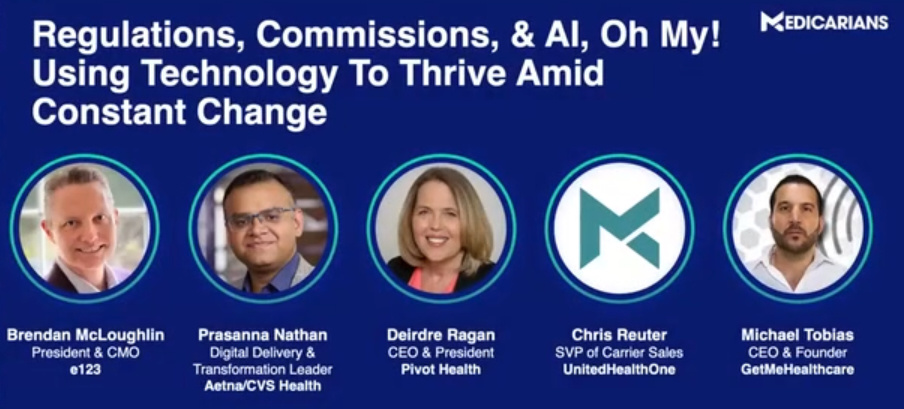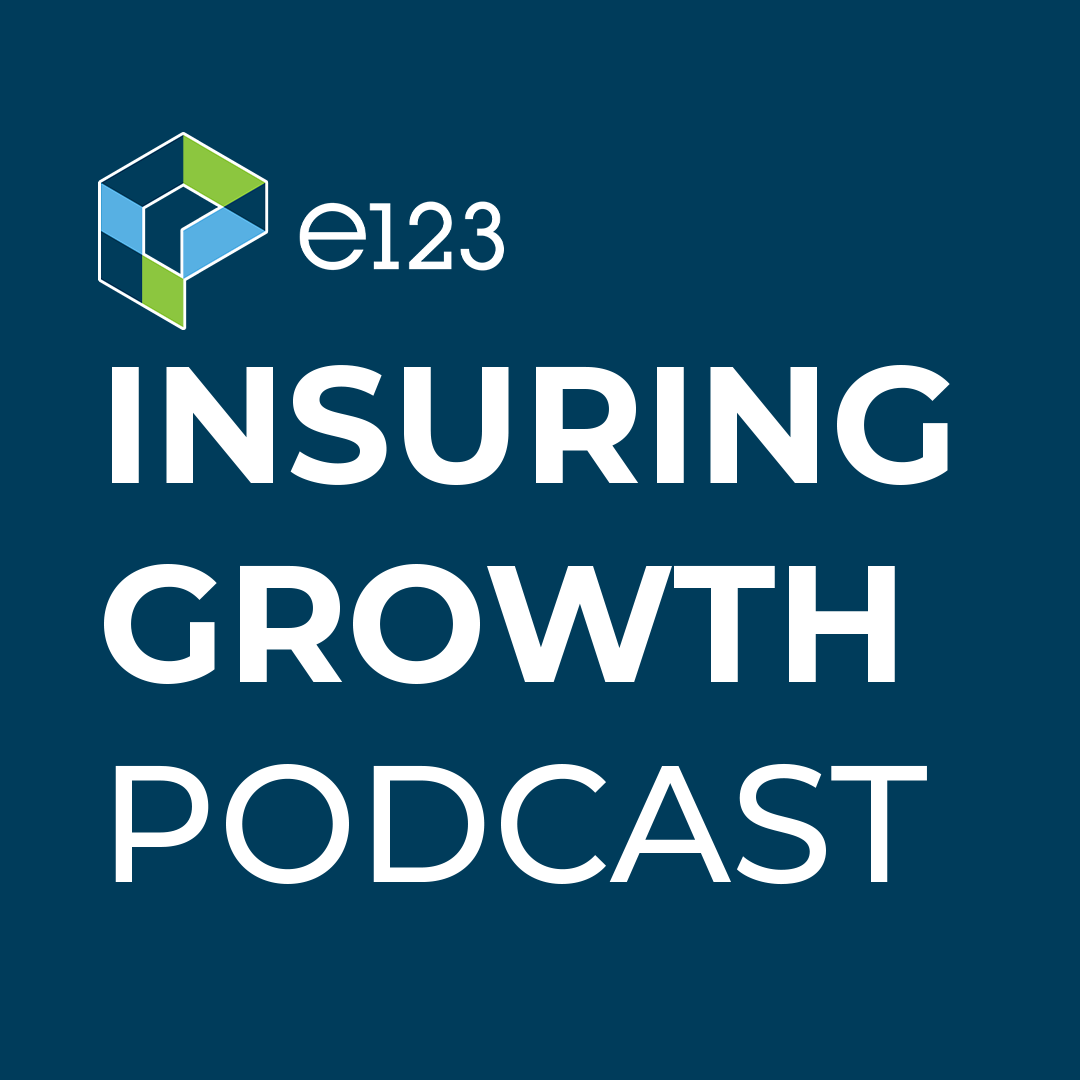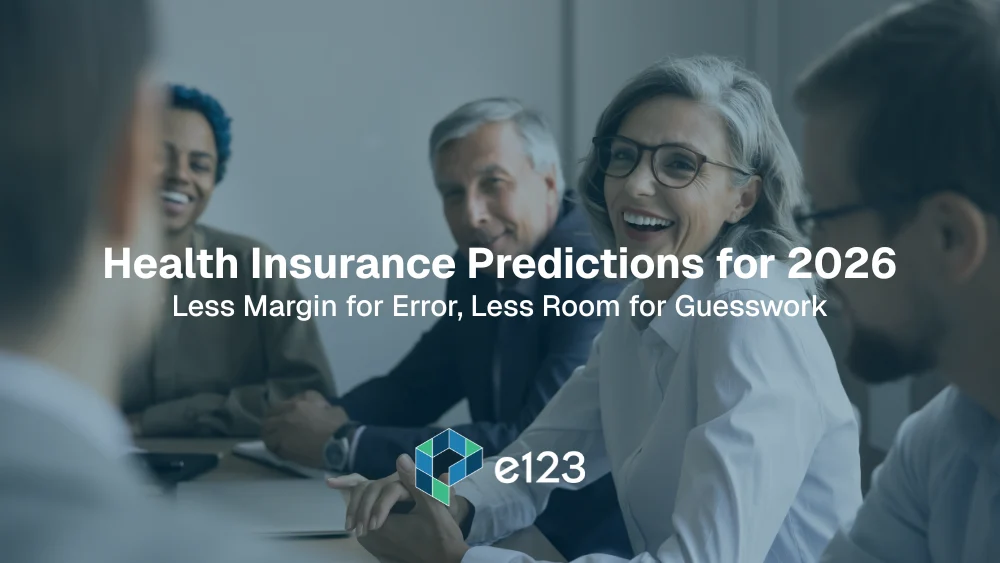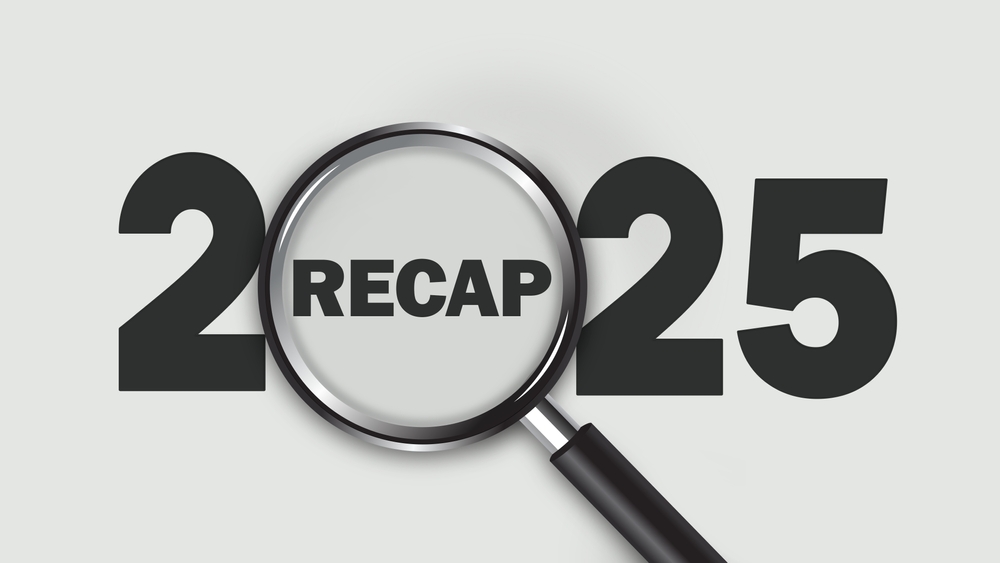
e123’s President, Brendan McLoughlin, hosted an engaging panel discussion, Regulations, Commissions, & AI, Oh My! – Using Technology to Thrive Amid Constant Change, with insurance distribution executives at Medicarians last month. Panelists included Prasanna Nathan, Digital Delivery and Transformation Leader at Aetna, Deirdre Ragan, President at Pivot Health, Chris Reuter, VP at UnitedHealthcare, and Michael Tobias, CEO at Getmehealthcare.com. Representing various areas within the insurance distribution value chain, the panelists shared valuable insights on the topics as well as the themes of agility, data transparency, and putting the customer first. As Brendan said, “There is nothing like healthcare in terms of how quickly things change and how quickly we need to react.”
Customer needs should drive decisions, not regulations
Kicking off with regulations, Deirdre Ragan stated that the industry needs to keep the customer at the center of decisions. She explained, “If regulations make it difficult for consumers to get the healthcare they need, you have to find another way, whether that is through product design or technology.”
Regulations trickle down to agents and Michael Tobias discussed the importance of getting the right data from carriers to help agents meet regulations, particularly with call compliance. Getting consistent data from multiple carriers is difficult, which is why there is a need for data transparency and APIs between carriers and downlines. Michael stated, “Carriers need to work with agencies and anyone in between to have APIs so agents know about regulations.”
While regulatory changes will always happen, the panelists agreed the focus should be on customers. As an industry, carriers, agents, FMOs, and downlines need to work together as partners to be agile and address regulations. The interests of everyone in the value chain are aligned, but data transparency is critical for meeting regulations, retaining customers, and paying commissions.
Timely, accurate commissions are table stakes
Brendan kicked off the commission discussion sharing e123’s own agent research. Agents typically said that carriers are difficult to do business with, and half of their complaints relate to commissions. And, it’s not just about the amount; they’re frustrated that they routinely spend on average half a day every two weeks figuring out whether or not they were paid correctly. Commissions should be as regular and easy as getting paid via direct deposit, but they’re not.
The panelists agreed that commissions were the symptom while the underlying problem was data transparency. As an agent, if you’re not told that a customer canceled their policy until you receive your commission check, you have no chance to save them. Michael explained how big the problem can be, “Agents can lose 30% of their book in a month and not know about it until they get their commission statement.”
The only way to truly understand and impact customer acquisition cost (CAC) at the agent level is through providing transparent data from carriers to FMOs and agents. An average ACA customer only keeps their policy for 13 months, but with better data, there is an opportunity to dramatically increase retention.
Carriers are starting to listen. Prasanna Nathan shared how his team is working to implement an alert that is sent to agents when a member calls with the intent to cancel. This will provide agents with an opportunity to save the customer (and their commissions) before it’s too late.
Chris Reuter shared how UnitedHealthcare is not just focused on paying commissions, but also helping brokers maintain a consistent book of business. And that’s all about lifetime value (LTV) and having the data to understand what drives LTV. For example, their data showed that members who paid their policy via electronic funds transfer (EFT) had a 30% higher LTV than those paying with a credit card. UnitedHealthcare used commissions as a strategic motivator and tied bonuses to EFT sales to help agents increase LTV and decrease CAC.
Getting commissions right means gaining visibility into all of the data that goes into commissions – product, marketing, enrollment, and disenrollment data – to drive agent behavior and make strategic business decisions that accelerate growth. Brendan concluded, “The data is a strategic decision-making weapon for competitive advantage. There is nothing more powerful than a commission structure to motivate agent behavior.”
Using AI to improve the customer experience
The final topic focused on AI, with the conversation once again revolving around meeting the needs of the customer and data transparency. While AI is being applied in multiple ways across the industry, the goal is ultimately increasing LTV while minimizing CAC.
Getmehealthcare.com created “Ask Big G,” an AI-powered chat feature that provides answers to agent questions based on carrier analytics and hundreds of agent conversations. They also use AI to score calls to match the right agent to the right lead. Michael says, “If Lisa is better at closing Medicare deals in Oklahoma than Paul, send that lead to her.”
Chris talked about agent-lead matching and how optimizing lead models will improve LTV/CAC. He said, “The wild goal is how do we use AI to drive persistency. If the lowest performing agents are bringing down my persistency, they aren’t selling in the customer’s best interest. You can use AI models to look at problem agents and find remediation strategies.” Similarly, Deidre shared how their parent company, healthcare.com, is leveraging AI to help customers find the right products faster, ultimately increasing customer retention.
A solution for data transparency
While the theme for the discussion started with agility, it was clear from the conversation that agility begins with data transparency. But getting clean, usable data visible to everyone in the value chain isn’t easy. Commissions may be table stakes, but many carriers struggle to access and utilize the data that drives accurate commissions and fuels LTV. e123’s new Commissions for Carriers can help. Contact us to learn more.
You can watch the full panel recording here.





